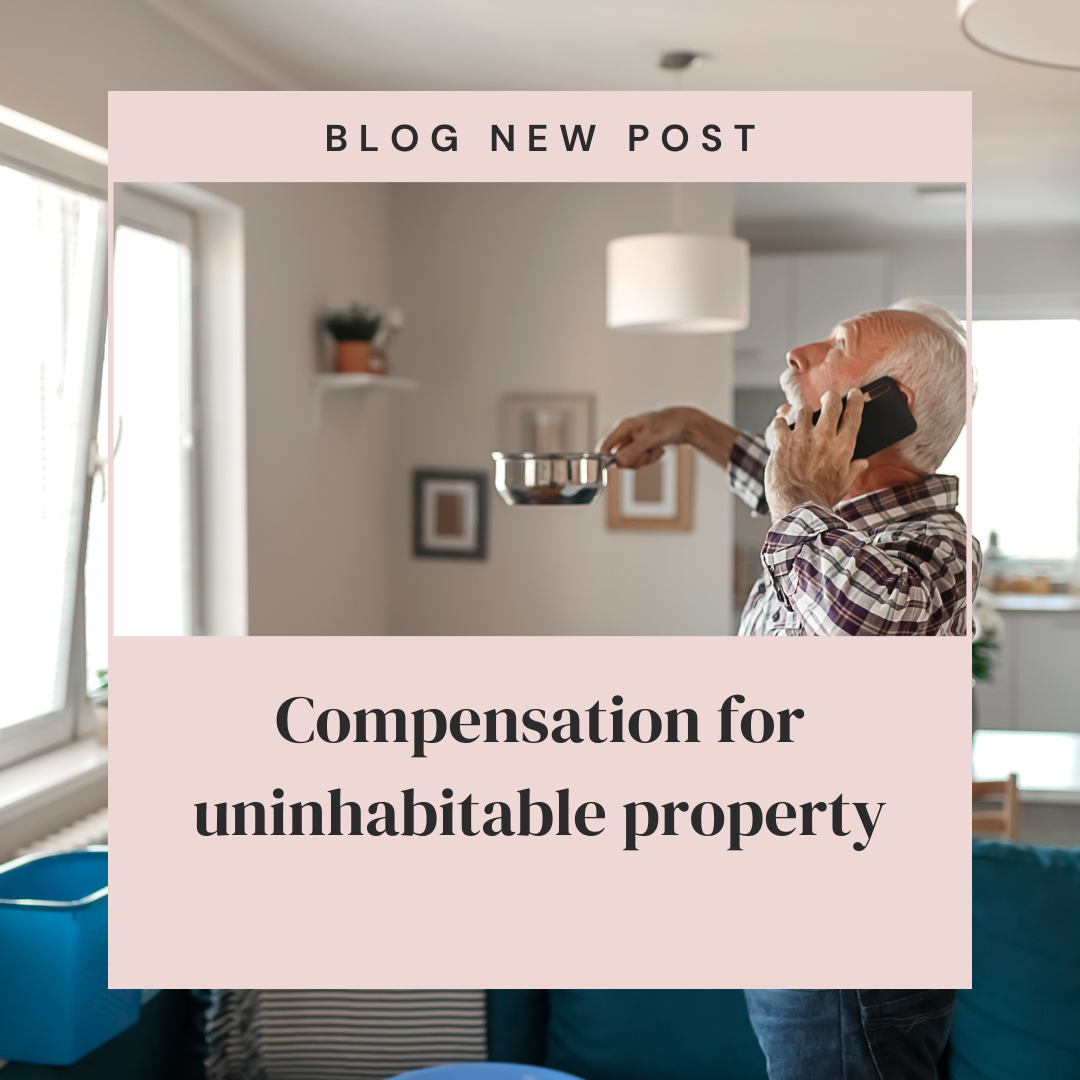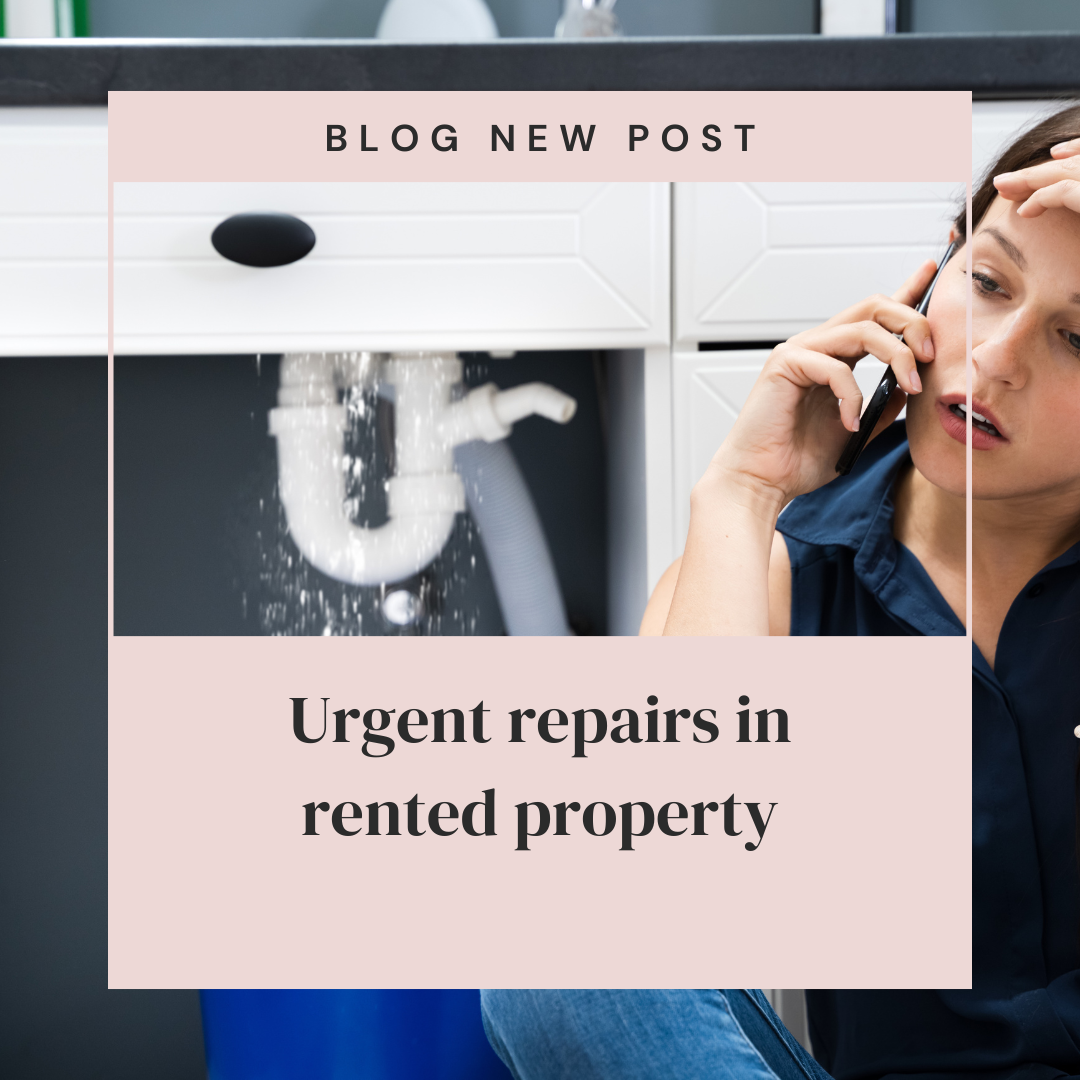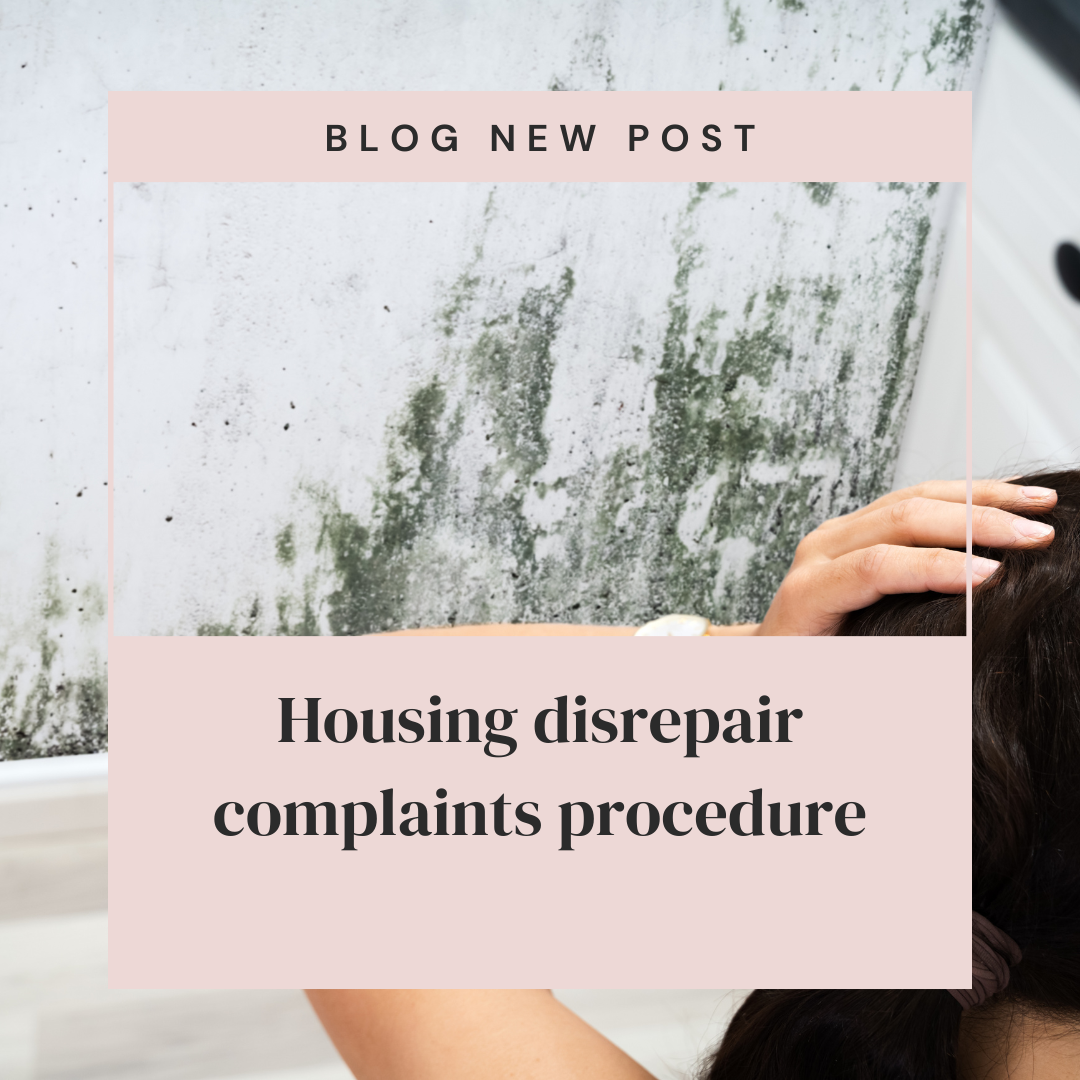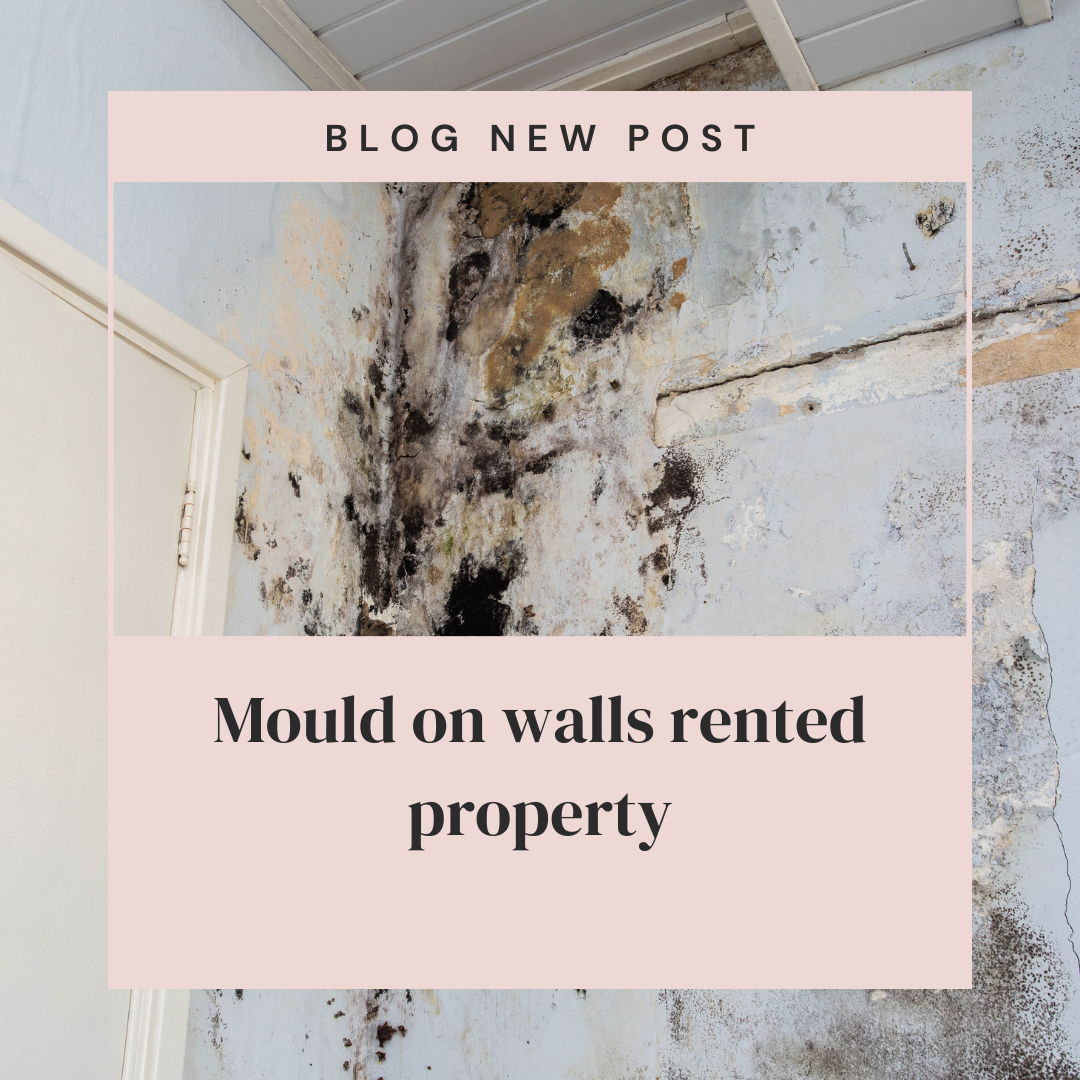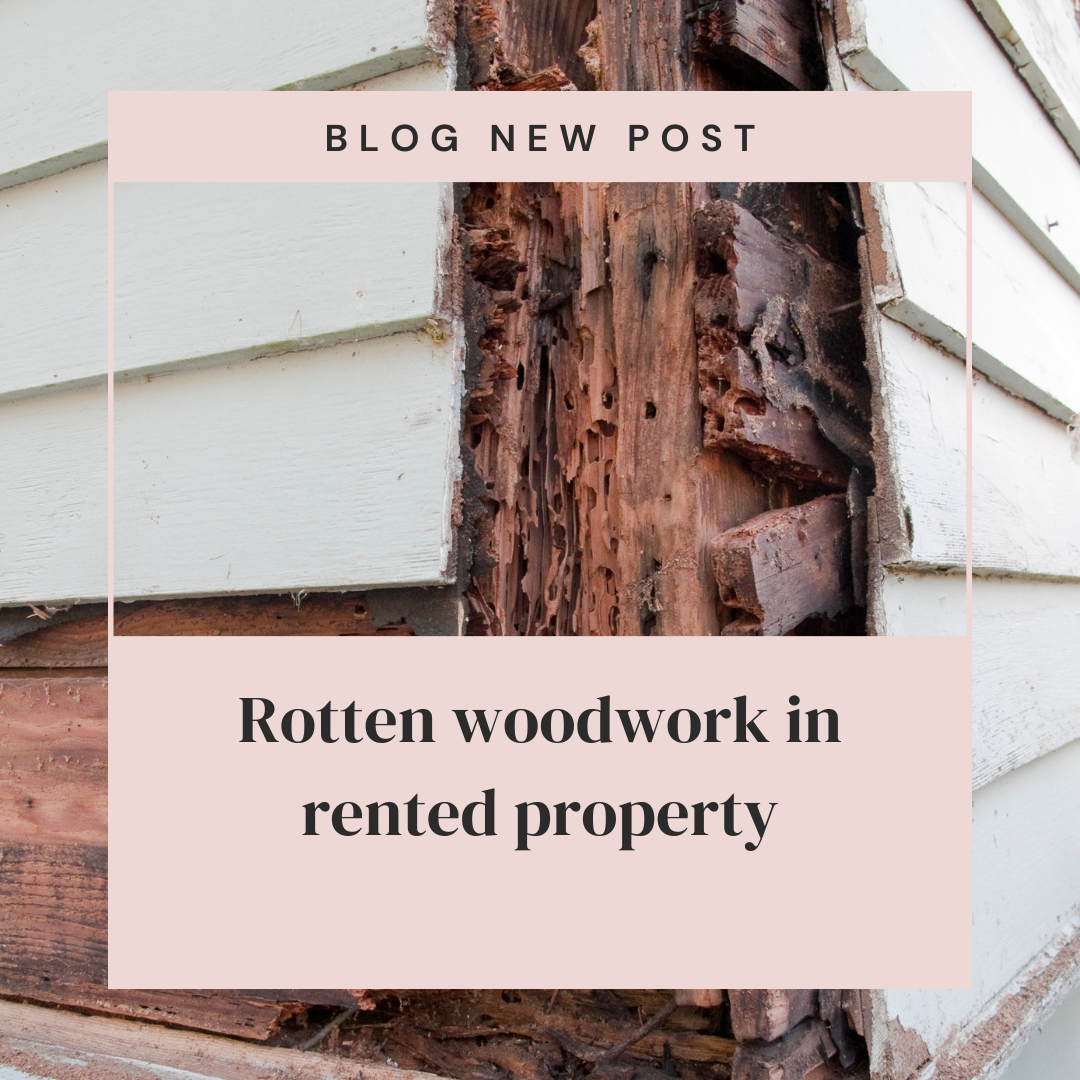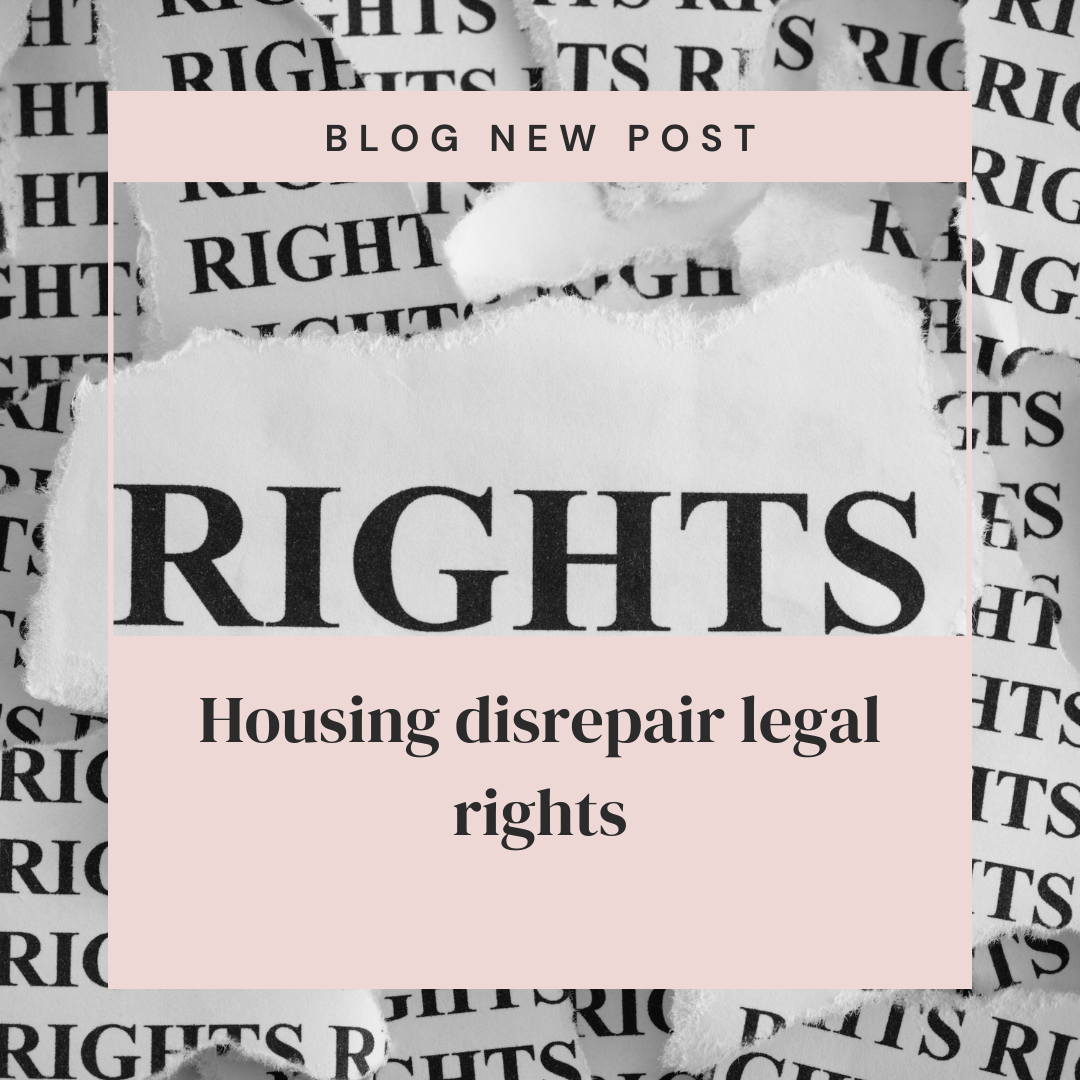Compensation for uninhabitable property
Compensation for uninhabitable property: Imagine this: it’s a stormy night, and the rain is coming not just from the sky, but also through your leaky roof! The dream of a cosy night in your rented flat quickly turns into a nightmare of damp carpets and dripping ceilings. This raises a crucial question – if your property becomes uninhabitable due to disrepair, are you entitled to compensation from your landlord?
The answer, thankfully, is yes! As a tenant in the UK, you have the right to live in a safe and healthy home under the Homes (Fitness for Human Habitation) Act 2018. This means if your property is rendered uninhabitable due to disrepair, you might be eligible for compensation from your landlord.
What Makes a Property Uninhabitable?
Not every repair issue qualifies as uninhabitable. Here are some situations that typically fall under this category:
- Severe structural issues: Leaky roofs causing extensive water damage, faulty guttering leading to dampness, or major plumbing leaks that render essential amenities unusable.
- Health and safety hazards: Exposed electrical wiring, faulty gas appliances, or asbestos contamination all pose serious risks and make the property uninhabitable.
- Lack of essential services: A broken boiler during winter, a complete loss of electricity or water supply – these situations render the property unfit for living.
Seeking Compensation: Your Rights and Options
If your rented property becomes uninhabitable due to disrepair, here’s what you can do to claim compensation:
- Document everything: Take clear photos and videos of the damage, including close-ups and wider shots showing the extent of the problem. Keep copies of any communication with your landlord regarding the issue.
- Report the disrepair formally: Send a written letter or email to your landlord detailing the issue, its impact on the property’s habitability, and a request for repairs.
Negotiating Compensation:
- Rent reduction or repayment: Depending on the severity of the disrepair and the duration of the uninhabitable period, you might be entitled to a reduction in rent or even a refund for the period you were unable to live comfortably in the property.
- Alternative accommodation: If repairs take a significant amount of time, your landlord might be responsible for providing alternative temporary accommodation while the repairs are carried out.
What if Your Landlord Doesn’t Respond or Act?
If your landlord refuses to acknowledge the issue, fails to carry out necessary repairs, or denies your claim for compensation, you have options:
- Contact your local council: The environmental health department can assess the property and potentially enforce repairs on your landlord.
- Citizens Advice or Shelter: These free services offer legal advice and support to tenants dealing with disrepair issues. They can guide you through the next steps, including mediation or formal complaint procedures.
Remember: Don’t suffer in silence, especially when your health, safety, and well-being are at stake. By understanding your rights and following these steps, you can ensure that you receive fair compensation for the inconvenience caused by an uninhabitable rented property.
Additional Resources:
- Homes (Fitness for Human Habitation) Act 2018: https://www.legislation.gov.uk/ukpga/2018/34/enacted
- Housing Disrepair Advice: https://housingdisrepairadvice.org/contact
- Citizens Advice: https://www.citizensadvice.org.uk/housing/repairs-and-housing-conditions/repairs-and-housing-conditions/
- Shelter: https://england.shelter.org.uk/housing_advice/repairs
